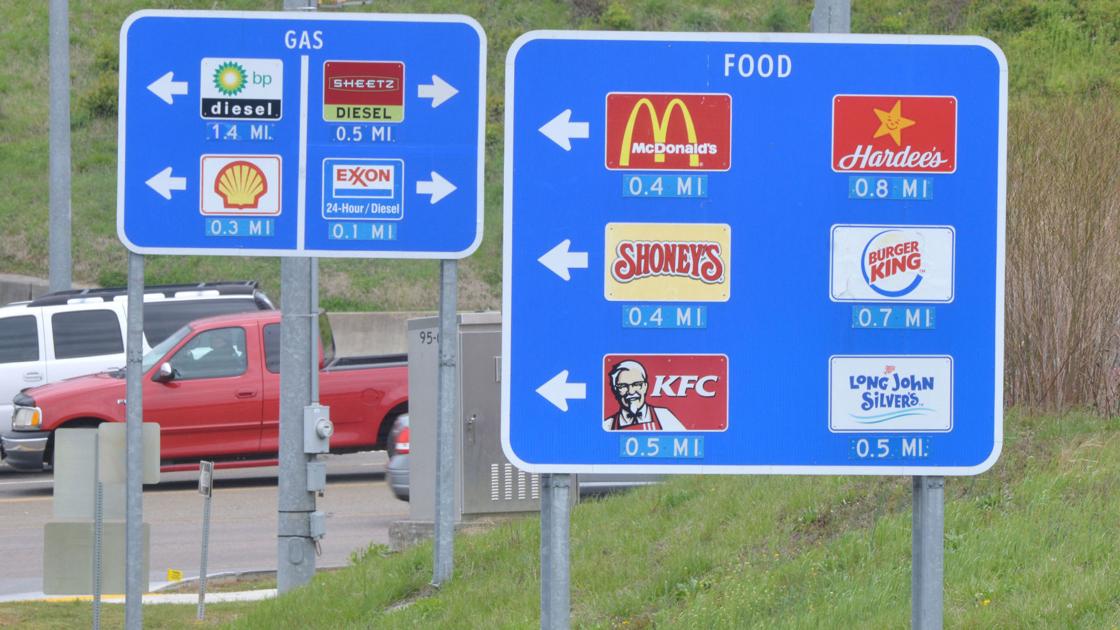national alternative fuels Corridor Council
The Alabama Clean Fuels Coalition and East Tennessee Clean Fuels co-founded the Southeast Corridor Council (SCC) initiative in 2019. Originally representatives from eleven states participated in this effort aimed at promoting FHWA-designated Alternative Fuel Corridors and advocating for appropriate and consistent signing for alternative fuel public access facilities along designated corridors. The National Alternative Fuels Corridor Council website (https://www.corridorcouncil.org/) archives notes from previously held SCC meetings. The council now numbers 26 states and is growing
On December 14, 2020 the Federal Highway Administration announced Changes to the Manual on Uniform Traffic Control Devices (MUTCD). The Alabama Clean Fuels Coalition developed background documents to educate SCC Members and other interested stakeholders about the proposed changes. Currently, we are developing materials other organizations may use to comment to the FHWA and Members of Congress encouraging the adoption of policies more likely to advance alternative transportation fuels adoption and public awareness.
The Corridor Council is made up of Directors and other staff from Clean Cities coalitions, representatives from state DOTs and aligned departments, federal DOT/FHWA representatives, and U.S. DOE Clean Cities Program representatives across these states. The Council’s leadership team includes: Jonathan Overly (TN), Mark Bentley and Michael Staley (AL), Ann Vail (LA), Carina Soriano (NC), and Soria Adibi (TX). If you’d like to join the NAFCC, please email Ann Vail at ann@louisianacleanfuels.org.

The Specific Service Signs in the image above showing drivers how to reach FOOD and GAS
establishments near an exit off the Interstate.
In December 2020, the U.S. Department of Transportationproposed changes to regulations states must follow when installing signs informing drivers which services—including food, gas, and lodging—are available at highway exits. Despite the current count of 34,857 non-gasoline fueling stations open to the public, the U.S. Department of Transportation’sFederal Highway Administration(FHWA) has announced a pending decision that advocates say does not incorporate alternative fuel signage fairly into existing sign regulations.
We Help You Track Your Investment Performance
Join ACFC
Help guide the decisions that will impact economic development and air quality in Alabama.

